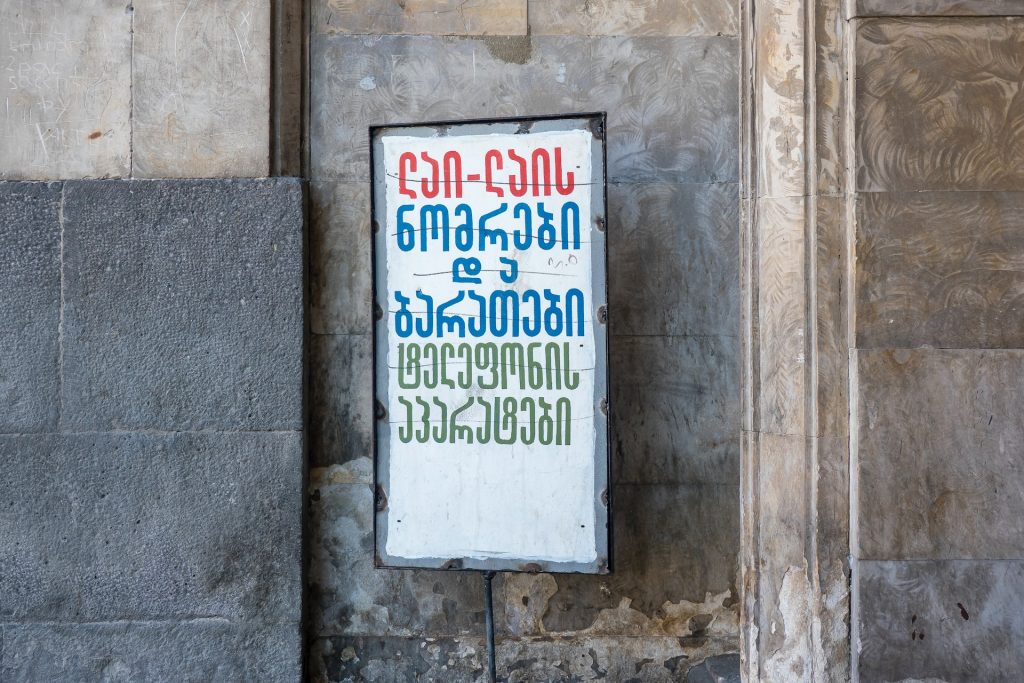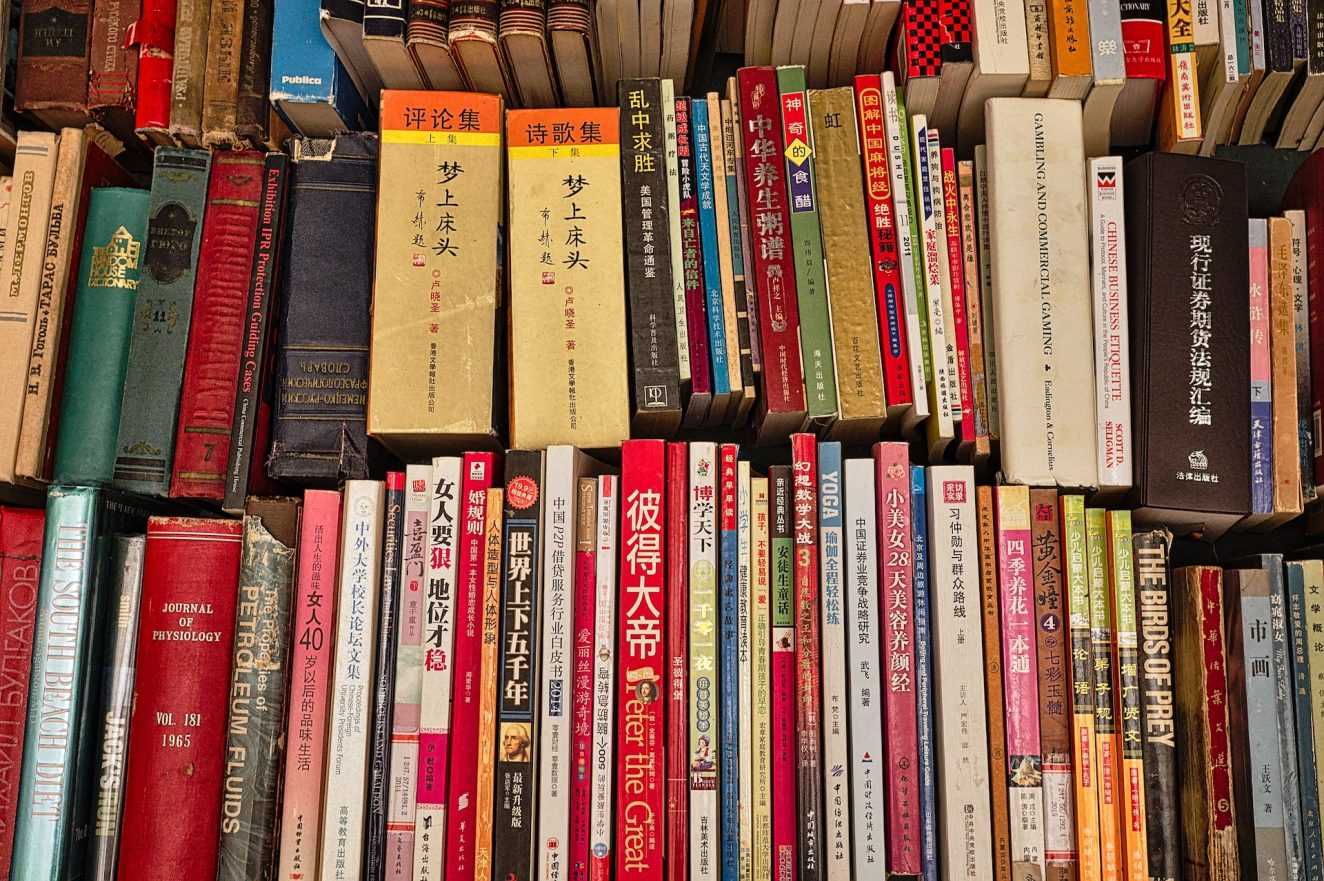Have you ever tried to wrap your head around a language that seemed like a linguistic rollercoaster? Welcome to the world of languages that are not just a walk in the park. Let’s take a dive into why these languages are a bit like solving a puzzle and celebrate the folks who navigate them with skill and flair.

1. Georgian: A Consonant and Vowel Circus
Picture yourself in the middle of the Caucasus, trying to understand Georgian, a language that can make your brain do somersaults. What makes it tricky is the crazy mix of consonants and vowels, like a word gymnastics show. There are twists and turns with verb forms and a script that adds to the challenge.
The Aces: Georgians, who love their language like poetry, show resilience and a flair for language acrobatics. Navigating Georgian isn’t just about skill; it’s a celebration of cultural richness.
2. Finnish: A Melody of Word Forms
Take a trip to the land of a thousand lakes, and you’ll run into Finnish, a language that dances to its own tune. What makes Finnish a challenge is its use of grammatical cases, where words change forms to tell different stories. The idea of vowel harmony adds another layer to the already intricate language.
The Virtuosos: Finns, with their knack for languages, appreciate the unique beauty of their tongue. Mastering Finnish is a way to hold on to their cultural roots through language.
3. Mandarin Chinese: The Tone Game
Imagine walking on a linguistic tightrope in China – that’s what Mandarin Chinese feels like. The tricky part is the tone – change the pitch, change the meaning. Throw in a complex system of characters, each with its own meaning and sound, and you’ve got a language that needs both a flexible voice and a good memory.
The Pros: Mandarin speakers are like linguistic acrobats, smoothly walking the tightrope with a grace that comes from a deep cultural connection. Mastering Mandarin is like holding on to their rich heritage.
4. Hungarian: The Sentence Puzzle
Head to Central Europe, and Hungarian will greet you with its word puzzles. What makes Hungarian stand out is its “agglutinative” style, where words get longer as you add pieces to them. Playing with the order of words adds another layer, turning Hungarian into a word puzzle waiting to be solved.
The Experts: Hungarians, with their language skills, embrace the word dance of their language. Navigating Hungarian isn’t just a feat; it’s a celebration of the nation’s linguistic identity.

5. Basque: The Mystery Language
Deep in the Pyrenees, Basque stands as a linguistic mystery. What makes it special is its lack of connections to any other known language. With an agglutinative structure, tricky verb forms, and almost no relative clauses, Basque challenges the usual way languages work.
The Guardians: The Basque people, proud keepers of their language, carry the torch of a language that stands alone. Mastering Basque is a way to preserve their linguistic legacy.
6. Arabic: Artful Consonants
Step into the world of Arabic, where consonants are the artists creating tales of ancient civilizations. What makes Arabic tough is its intricate script – a word can change shape based on where it sits in a sentence. The dance of vowel markings and subtle pronunciation adds to the complexity.
The Devotees: Arabic speakers, with their deep cultural ties, showcase resilience and linguistic creativity. Navigating the ins and outs of Arabic isn’t just a skill; it’s a celebration of a rich cultural tapestry.
7. Japanese: The Art of Writing Harmony
Travel through Japan, and you’ll find a language that weaves kanji, hiragana, and katakana into a beautiful tapestry. Japanese is challenging because you need to master three writing systems, each with its characters and rules. The complex politeness levels and nuanced meanings add another layer of sophistication.
The Maestros: Japanese speakers, with their love for precision and cultural depth, navigate the artistic harmony of their language with skill. Mastery of Japanese is a way to hold on to their cultural identity.
In Praise of the Language Wizards
In the world of tricky languages, it’s the speakers who steal the show as language wizards. These folks, with their determination and linguistic skills, navigate the complexities with an artistry that goes beyond words. They are the storytellers, the culture keepers, and the living embodiments of languages that challenge the norm.

As we celebrate the linguistic diversity that makes our world colorful, let’s tip our hats to those who, with each syllable and script, carry the legacy of their languages forward. In the face of linguistic challenges, they stand as a testament to resilience, artistry, and the special essence of those who tackle the world’s most difficult languages.





